How Latin America became the battleground in Cold War 2.0
Iran, China and Russia are strengthening ties in anti-US Cuba, Venezuela and Nicaragua
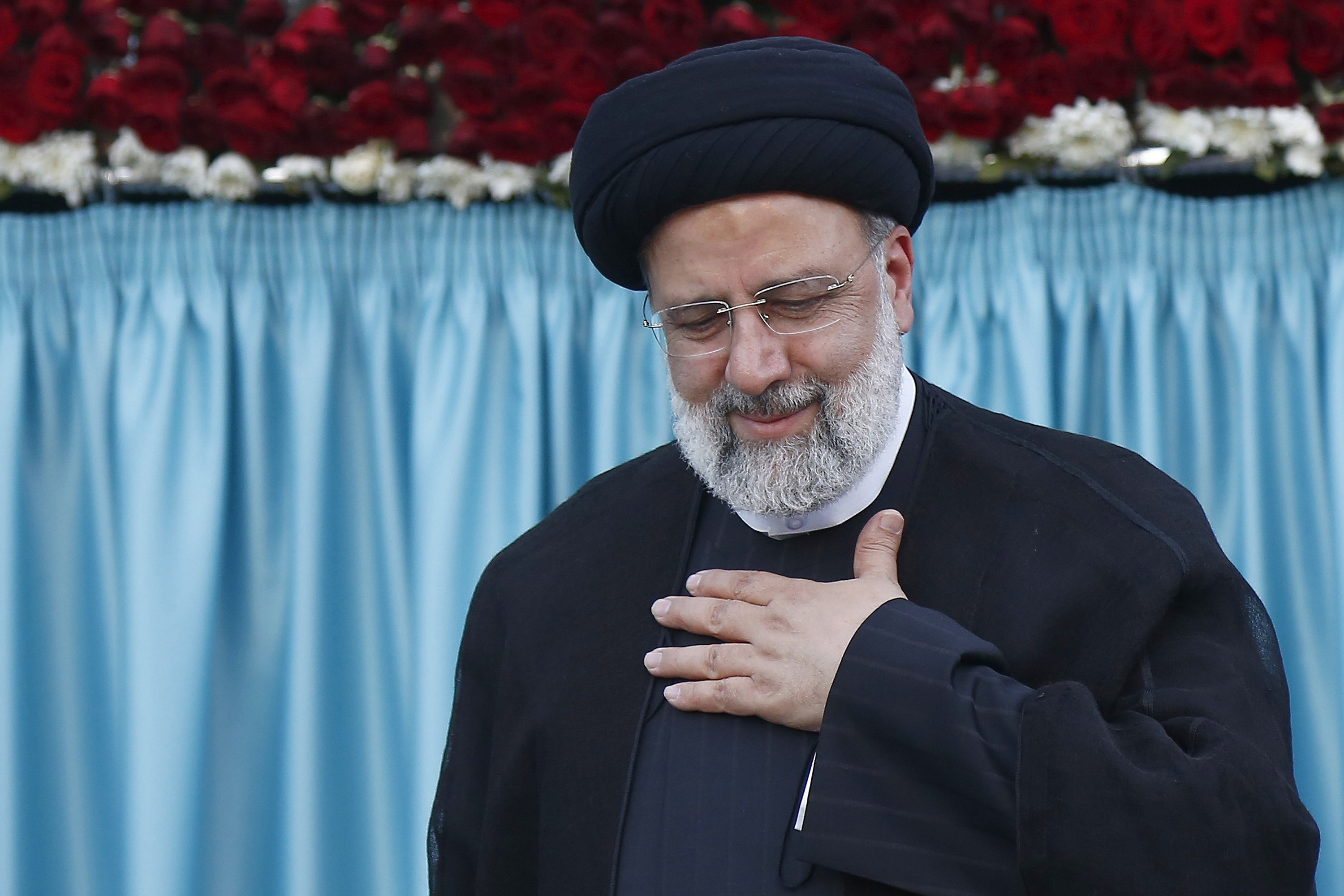
A free daily email with the biggest news stories of the day – and the best features from TheWeek.com
You are now subscribed
Your newsletter sign-up was successful
Latin America is serving as a proxy battleground for a new Cold War as China, Iran and Russia seek to build influence, exploit resources and undermine the United States in the region.
Iran’s president, Ebrahim Raisi, will visit Cuba, Nicaragua and Venezuela next week, according to state news agency IRNA – all countries currently under US sanctions. The tour will “give Raisi face time with three regional allies”, said Reuters, each of whom have “leftist governments that have been accused by critics of human rights violations”.
The tour comes as reports emerged that China had secretly made a deal with Cuba, agreeing to pay “several billion dollars” to build an electronic eavesdropping facility on the island. This would allow Chinese intelligence services to listen in to communications throughout the southeastern US, according to The Wall Street Journal (WSJ).
The Week
Escape your echo chamber. Get the facts behind the news, plus analysis from multiple perspectives.

Sign up for The Week's Free Newsletters
From our morning news briefing to a weekly Good News Newsletter, get the best of The Week delivered directly to your inbox.
From our morning news briefing to a weekly Good News Newsletter, get the best of The Week delivered directly to your inbox.
In a “brash new geopolitical challenge” by Beijing to the US, the paper quotes US officials as saying China has agreed in principle to pay “cash-strapped Cuba” to build a facility only 100 miles (160km) from Florida. US Central Command headquarters is located in the state, in Tampa.
What’s been happening in Cuba?
Authoritarian regimes such as Russia, China and, increasingly, Iran, are seeking to “expand their spheres of influence” in Latin America, wrote McKayla Swan, staff assistant at the US House of Representatives, for the International Republican Institute (IRI), “enticed by the promises of investment” and anti-US sentiment.
A Chinese “intelligence facility within 100 miles of Florida and the United States” would pose a “serious threat to our national security and sovereignty”, said the chairman and vice-chairman of the Senate Intelligence Committee in a joint statement.
John Kirby, spokesman for the National Security Council, told Reuters that the WSJ report of the alleged spy facility was not accurate. The Cuban embassy in Washington said the article was “totally mendacious and unfounded information”, said the WSJ. The Chinese embassy told The Guardian it was “not aware of the case” and couldn’t comment.
A free daily email with the biggest news stories of the day – and the best features from TheWeek.com
But the US has had “real concerns” about China’s relationship with Cuba, Kirby told Reuters.
The situation harks back to the Cuban Missile Crisis of 1962, when an American spy plane photographed Soviet nuclear missile sites being built on the island. The ensuing confrontation brought the US and the Soviet Union closer to nuclear warfare than at any other point during the Cold War.
Iran’s ties with Cuba have also been strengthened in recent months, said The Hill. Iran's foreign minister, Hossein Amir-Abdollahian, spoke in 2021 of the “spoke of the ‘unlimited’ potential to expand Tehran-Havana ties”, said the Middle East Institute.
Iran has also set up more than 80 Shia Islamic cultural centres in the Latin American and Caribbean region, said Swan for the IRI, and its state-controlled broadcaster IRIB funds a Spanish-language news outlet, HispanTV.
What about Venezuela?
Iran has long been strengthening its ties with Venezuela, mainly via the oil industry. Both countries are major exporters of oil and members of the Organization of the Petroleum Exporting Countries (OPEC).
Venezuela’s beleaguered state oil company Petróleos de Venezuela (PDVSA) relied on its allies, Russia and Iran, to circumnavigate US sanctions against Venezuela and supply it with crude oil, selling it at a heavy discount. In 2019, President Nicolás Maduro ordered PDVSA to move its European office from Lisbon to Moscow, said Reuters.
Last June, during Maduro’s first visit to Iran, the two countries signed a 20-year agreement to cooperate on defence and expand production of oil and petrochemicals.
Maduro also praised Iran for sending fuel tankers to the poverty-stricken nation, despite US sanctions. “Tehran’s delivery of oil to Caracas was a great help to the Venezuelan people,” he said.
How does Nicaragua compare?
In April the sanctioned Nicaraguan president Daniel Ortega held talks with Iran about common interests, military cooperation and countering American influence in Latin America, according to a report leaked to The New York Times.
Russian foreign minister Sergey Lavrov also visited Caracas in April. “As authoritarianism deepens in Nicaragua, the elephant – or bear – in the room is Moscow’s creeping influence in Central America,” wrote Robert Muggah for Foreign Policy.
Russia has been supplying Nicaragua with military equipment since 2016, and Nicaragua allows Russia to train its forces in the country. Last year, it allowed Russian troops temporary access, leading to fears that Russia was expanding its surveillance in the region.
The two countries are old Cold War allies. During the Nicaraguan civil war, the USSR and Cuba supplied resources to the Sandinista National Liberation Front revolution, led by Ortega, who has been president since 2007, while the US backed a right-wing group called the Contras.
Nicaragua has also restored relations with China after a 20-year hiatus, as Beijing expands its reach in Central America. China’s Belt and Road Initiative has invested heavily in Nicaragua. Meanwhile, Chinese-owned Huawei routers are increasingly supplying internet in the country, rivalling the dominant US-based company, Cisco.
“As the Ortega administration shores up support from Russia and China, it has hastened Nicaragua’s decoupling from the West,” Muggah wrote.
What is the West doing in these countries?
Western nations have been attempting to shore up support for Ukraine and condemnation of Russia’s invasion among Latin American countries.
Last month, James Cleverly conducted a week-long tour of Latin America, including talks in Brazil, Colombia and Chile, becoming the first UK foreign secretary to visit the region in five years.
He was the latest senior Western diplomat in an “extended charm offensive” to try to win over the “neutrally minded” continent to Ukraine’s cause, said Politico, as part of the “broader geopolitical battle” with Russia and China.
Brazilian president Luiz Inácio Lula da Silva has condemned Russia’s invasion of Ukraine, but has so far refused to provide military support for Ukraine or sanction Russia.
The war in Ukraine brings up the question, “how much do people in Latin America hate the US?”, said Bloomberg, as countries “loudly committed to the principle of non-intervention shrug off the decision by an autocratic oligarch to send in the tanks to take over a smaller neighbor”.
Harriet Marsden is a senior staff writer and podcast panellist for The Week, covering world news and writing the weekly Global Digest newsletter. Before joining the site in 2023, she was a freelance journalist for seven years, working for The Guardian, The Times and The Independent among others, and regularly appearing on radio shows. In 2021, she was awarded the “journalist-at-large” fellowship by the Local Trust charity, and spent a year travelling independently to some of England’s most deprived areas to write about community activism. She has a master’s in international journalism from City University, and has also worked in Bolivia, Colombia and Spain.
-
 Local elections 2026: where are they and who is expected to win?
Local elections 2026: where are they and who is expected to win?The Explainer Labour is braced for heavy losses and U-turn on postponing some council elections hasn’t helped the party’s prospects
-
 6 of the world’s most accessible destinations
6 of the world’s most accessible destinationsThe Week Recommends Experience all of Berlin, Singapore and Sydney
-
 How the FCC’s ‘equal time’ rule works
How the FCC’s ‘equal time’ rule worksIn the Spotlight The law is at the heart of the Colbert-CBS conflict
-
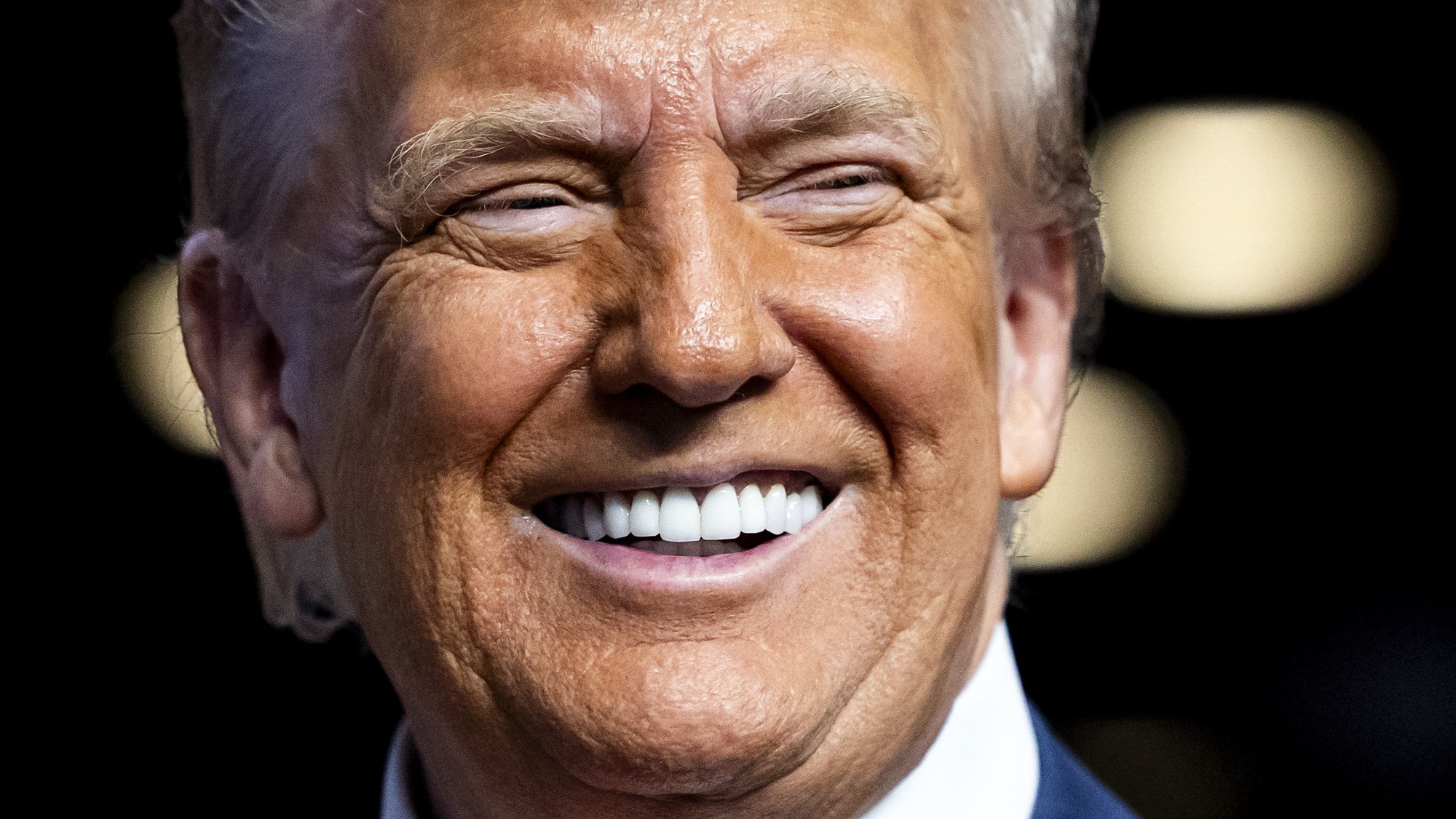 How long can Nato keep Donald Trump happy?
How long can Nato keep Donald Trump happy?Today's Big Question Military alliance pulls out all the stops to woo US president on his peacemaker victory lap
-
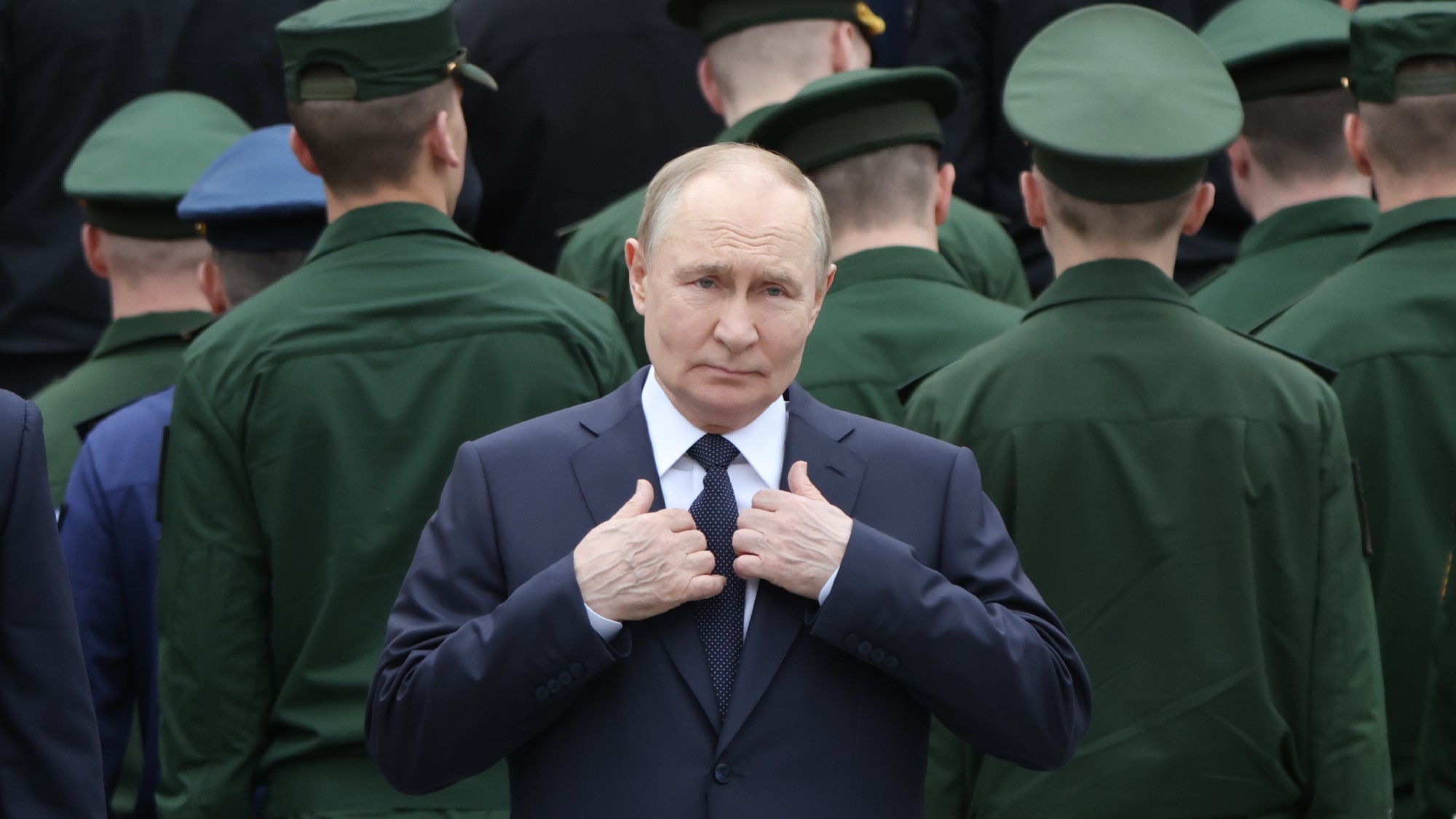 How far would Russia go for Iran?
How far would Russia go for Iran?Today's Big Question US air strikes represent an 'embarrassment, provocation and opportunity' all rolled into one for Vladimir Putin
-
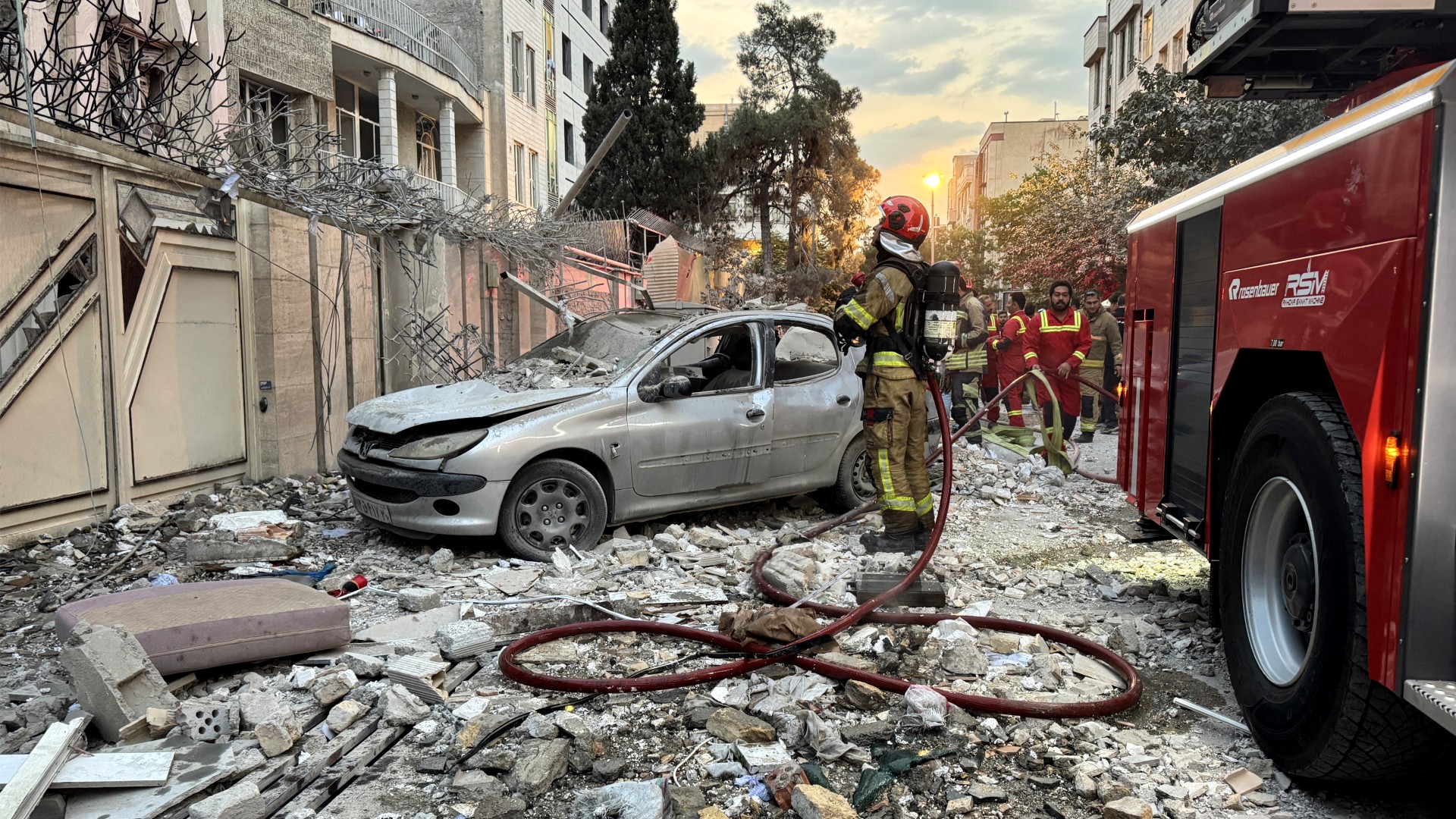 How the Israel-Iran conflict broke out
How the Israel-Iran conflict broke outThe Explainer Israel's strike on Iran's nuclear and missile programmes was years in the planning
-
 Will the UK get involved in the Israel-Iran conflict?
Will the UK get involved in the Israel-Iran conflict?Today's Big Question Keir Starmer is 'walking a tightrope' in helping Israel limit Tehran's nuclear capabilities without being seen to do so
-
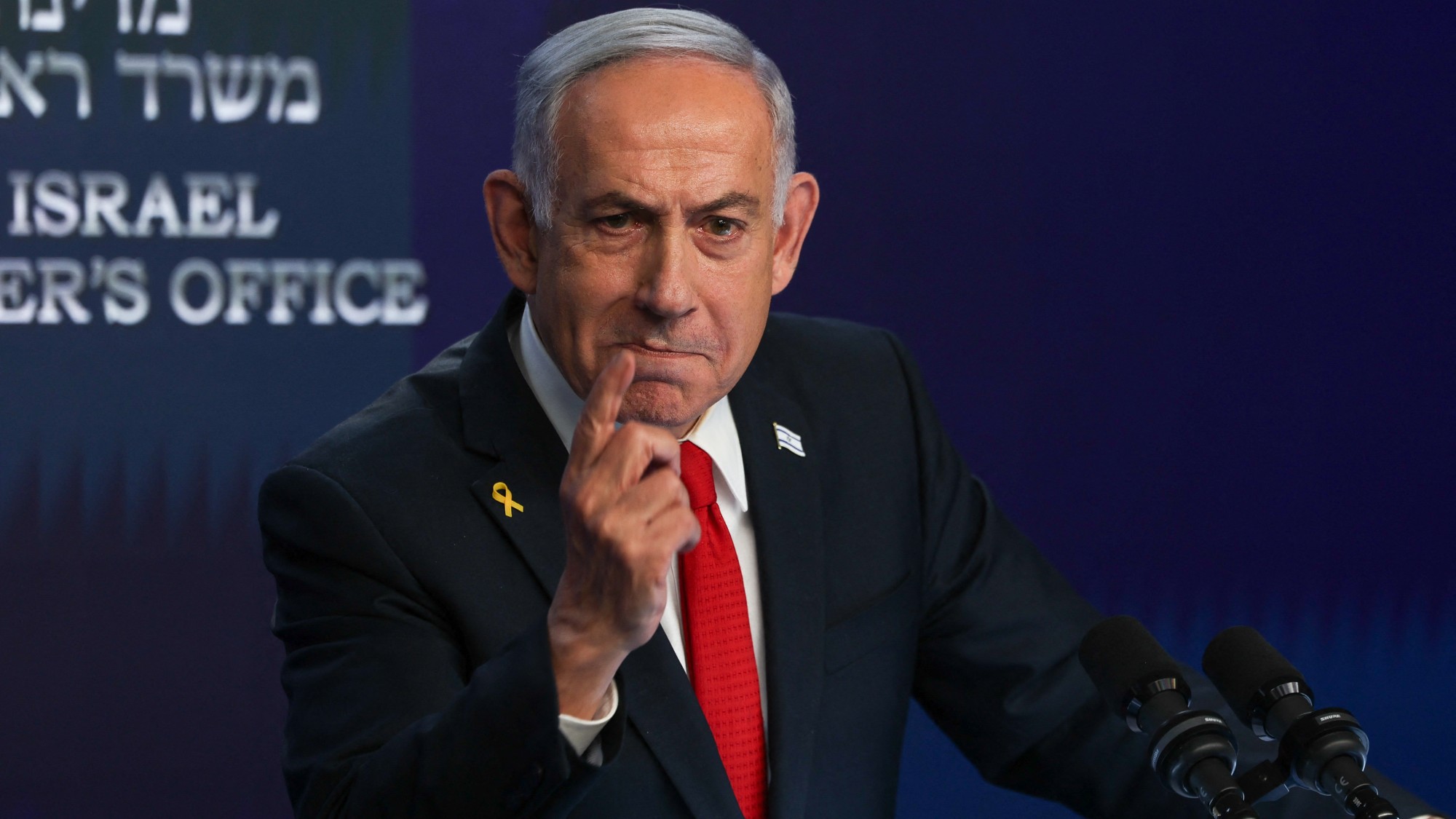 What happens if Israel attacks Iran?
What happens if Israel attacks Iran?TODAY'S BIG QUESTION Israel is 'ready to strike' and Tehran has plans for counterattacks against the US as nuclear talks appear deadlocked
-
 Cuba's mercenaries fighting against Ukraine
Cuba's mercenaries fighting against UkraineThe Explainer Young men lured by high salaries and Russian citizenship to enlist for a year are now trapped on front lines of war indefinitely
-
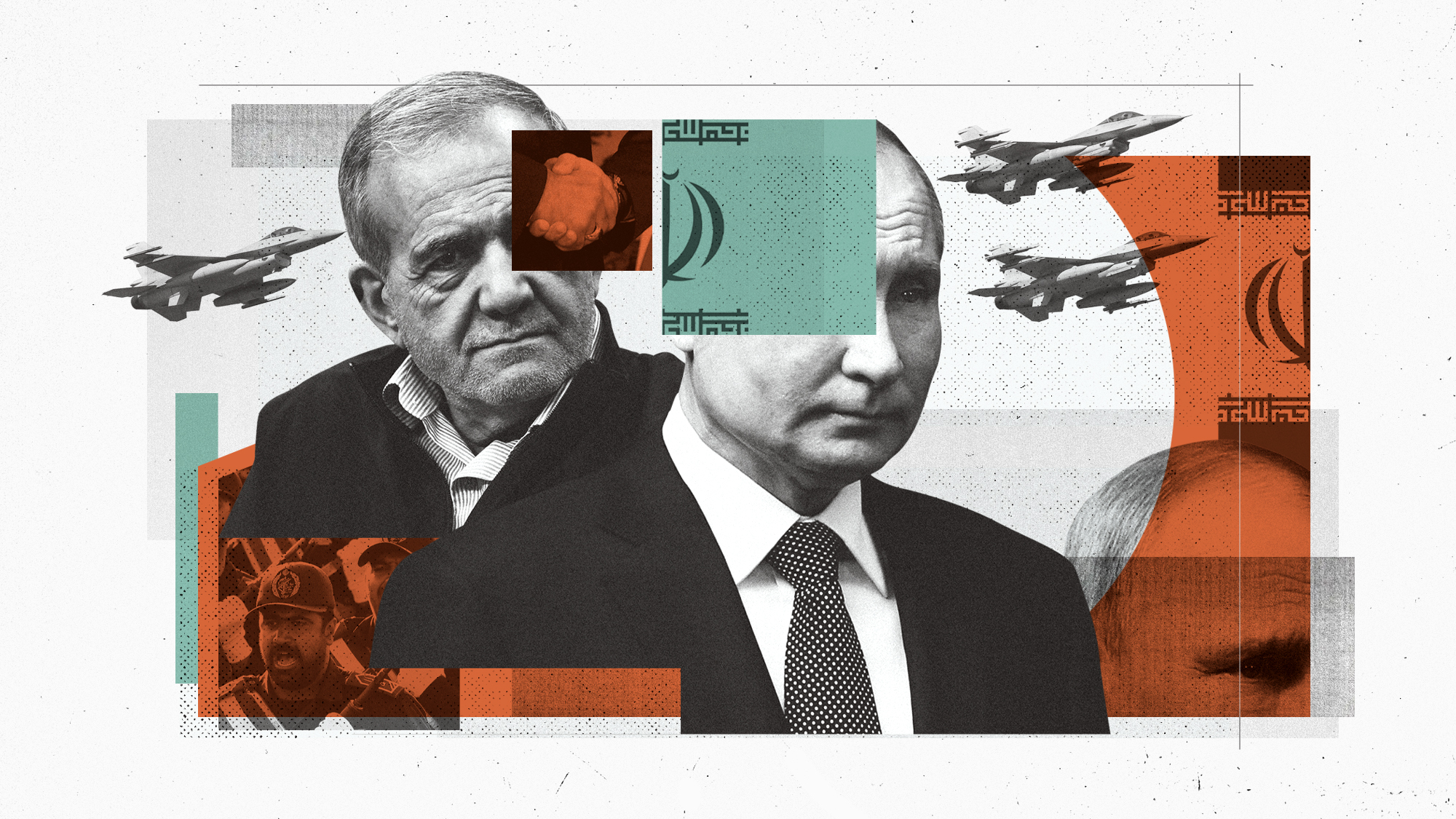 Russia and Iran 'up the ante' after meeting in Turkmenistan
Russia and Iran 'up the ante' after meeting in TurkmenistanThe Explainer Two nations talk up their closer ties but some in Tehran believe Putin 'still owes' them
-
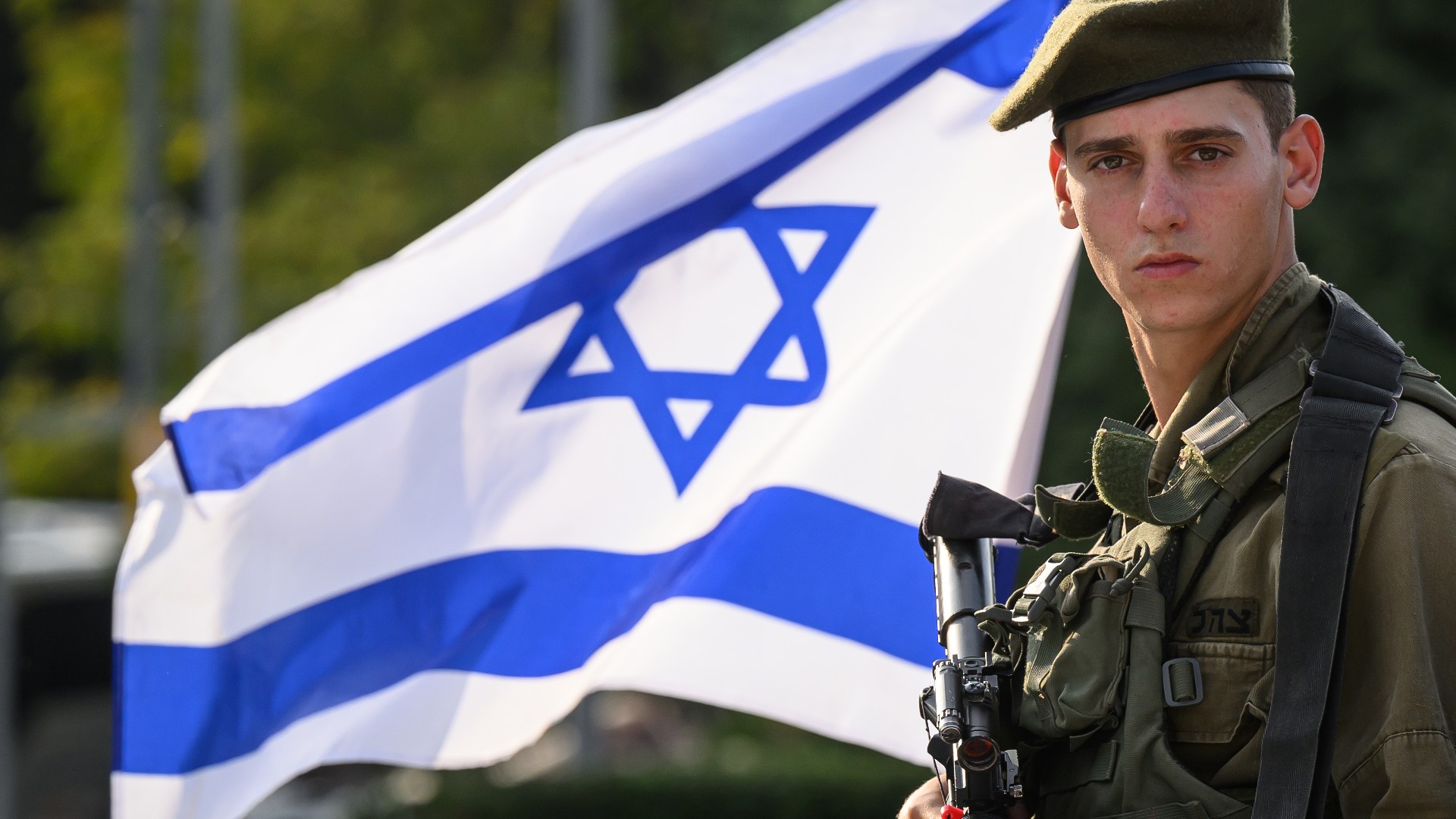 Israel's wars: is an end in sight – or is this just the beginning?
Israel's wars: is an end in sight – or is this just the beginning?Today's Big Question Lack of wider strategic vision points to 'sustained low-intensity war' on multiple fronts